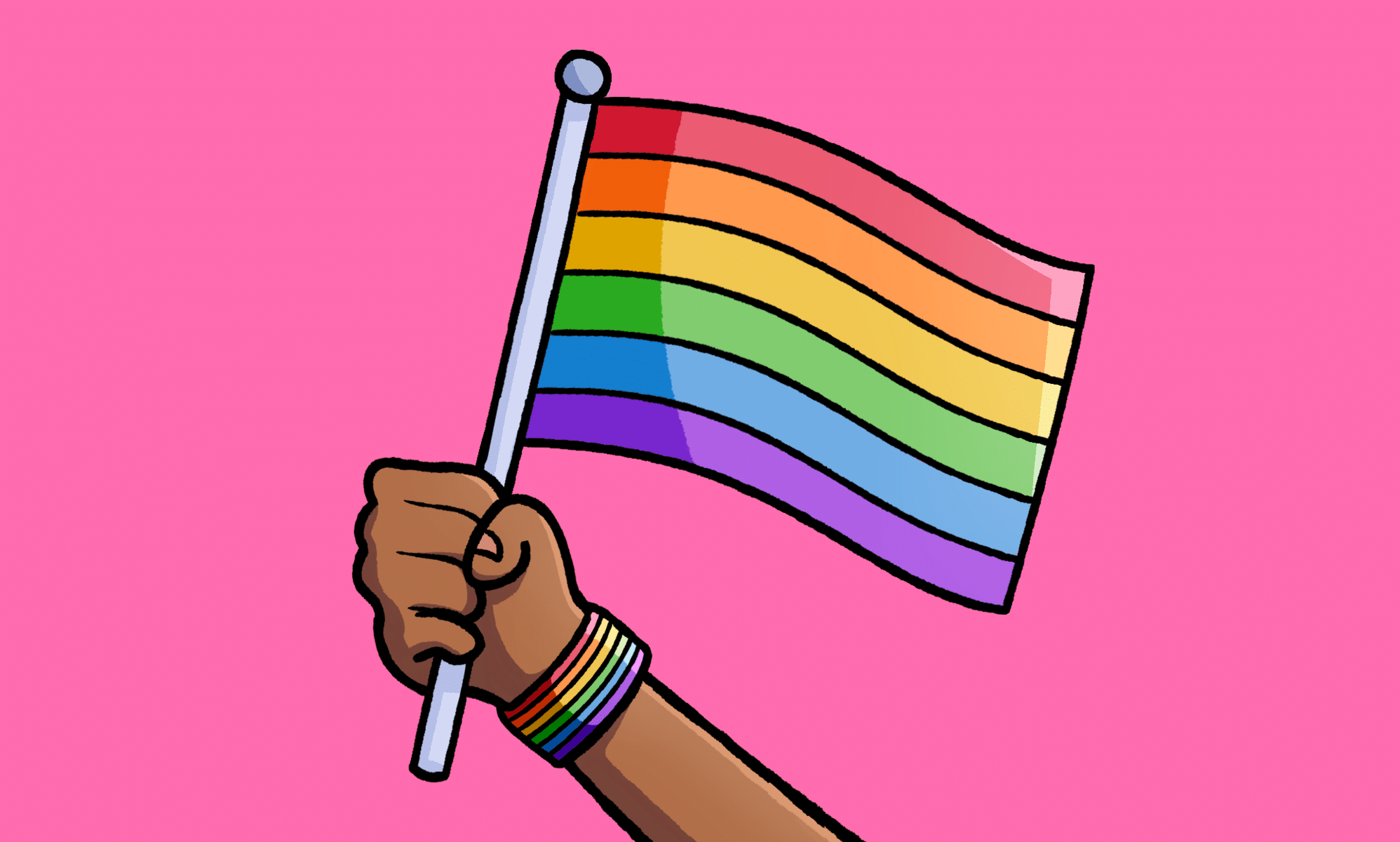East London Mosque demands apology for ‘Allah is gay’ placards at Pride in London

Pride in London has been accused of Islamophobia after anti-Muslim signs allegedly appeared in the event’s parade.
Secularist group the Council of Ex-Muslims of Britain (CEMB) caused controversy by marching in the July 8 event.
Now leaders from the East London Mosque have accused organisers of igniting hate by allowing the group.

Placards bearing the words “Allah is gay” and “F*** Islam” appeared in the parade, according to photos from the day.

Muslim leaders have condemned the decision to allow the signs – insisting they have a good record on LGBT rights in London.
East London Mosque spokesman Salman Farsi told the Evening Standard: “We’ve raised a complaint with the co-chairs of the event that the group was inciting hatred against Muslims, and in particular [in relation] to our good name, based on absolutely groundless reasons.
“Our track record for challenging homophobia in East London is quite well known,” he added.
“For us to see such a mainstream event that is supposed to celebrate tolerance and love used as a hate platform was really quite shocking.
“One of the signs said ‘Islamophobia is an oxymoron’.
“Our religion doesn’t promote hatred or homophobia.
“Yes, there might be theological topics dealing with homosexuality in Islam, but that’s clearly very separate from promoting hatred and homophobia,” said Mr Farsi.
Mr Farsi is now demanding an apology from Pride bosses.
RELATED: Newly-wed Muslim couple targeted with vile hate from fellow Muslims
The ex-Muslim group, made up of “non-believers, atheists, and ex-Muslims”, was one one of the official parade groups for this year’s Pride march.
The event was also attended by openly Muslim LGBT groups, as it has been in previous years.

20 activists from CEMB attended the event with a wide range of protest signs.
در پرايد لندن، من و مسامانان سابق در دفاع از همجنسگرايان ايران و كشورهاى تحت قوانين اسلامى. عشق ورزيدن جرم نيست. pic.twitter.com/L1Y53UYvs6
— Maryam Namazie (@MaryamNamazie) July 9, 2017
Maryam Namazie, spokesperson for the group, insisted they were not being Islamophobic, but highlighting persecution of LGBT people in Muslim majority countries.
“At Pride, we were highlighting the 13 states under Islamic rule that kill gay men – 14 if we include Daesh-held territories,” she told the Standard.
Ms Namazie also insisted that the signs did not say “F*** Islam” but “F*** Islamic homophobia”.
“In my view Islam, like all religions, is homophobic. Why is it not possible to say this without fear of reprisal or accusations of Islamophobia?
“Pride is full of ‘God is gay’ and ‘Jesus had two fathers’ placards as well as those mocking the church and priests and pope, yet hold a sign saying ‘Allah is gay’ – as we did – and the police converge to attempt to remove them for causing offence.”
Had great Pride today. Some back & forth with police about ‘Allah is Gay’ being ‘offensive’ but mainly lots of love https://t.co/RnD7pqnIZT pic.twitter.com/ltF5f2Adn6
— Maryam Namazie (@MaryamNamazie) July 8, 2017
Speaking to PinkNews ahead of the Pride in London march, Ms Namazie said: “One of the problems is the use of this term ‘Islamophobia’.
“It gives the impression that criticism of Islam or the political Islamic movement or Islamic State is akin to bigotry and racism. What we’re saying is that it isn’t.
“We’re obviously opposed to bigotry ourselves.
“We need to stand up to racism and bigotry and at the same time we should be able to criticise religion and the religious right… people should be allowed to criticise without threat or intimidation.”
Namazie added: “When you can be killed for leaving Islam, for renouncing it, for criticising it, it’s important to say what you are as a way of challenging those that want to see you dead.
“It’s very comparable to the gay rights movement and to the demand for LGBT rights.
“People would say, ‘It’s your sexuality, it’s your business, why are you coming out into the street and putting it in everyone’s face? Why can’t you just privately be gay?’.
“The point is if you’re discriminated against, if you can be killed for it then coming out is a form of resistance, it has to be done as a way of challenging the status quo.”

